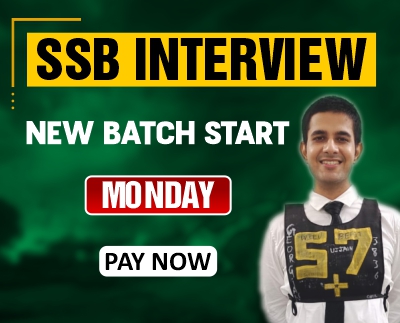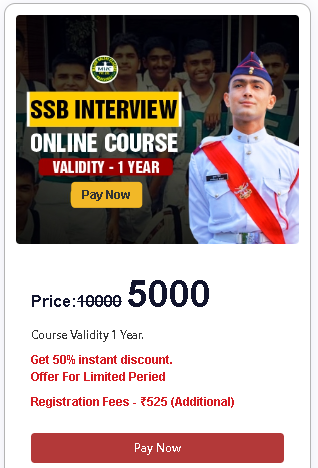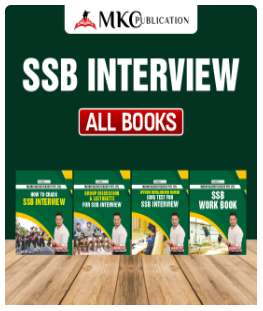The SSB will provide a separate answer sheet on which the responses must be written for the Situation Reaction Test (SRTs). There is a total of 30 minutes of writing time available, or around 30 seconds for each of the 60 instances.
SSB Interview Tips for SRTs
Hello, Warriors! Passing the SSB Interview is a big deal for candidates in the defence. The five-day selection procedure includes a number of steps and tests. The situation reaction test, the second stage of the SSB selection procedure, is conducted on Day 2.
It is the third test in the battery of psychological tests, following the TAT and WAT. It’s important to be aware that SRT occurs immediately following WAT. Just ten minutes separate the two tests in terms of time.
Candidates in the SRT respond in line with the challenges they might encounter in daily life. The reaction of a candidate reveals his common sense, time sense, mental capacity, maturity, and empathy. The major quality being assessed here is decision-making capacity.
GTO in SSB Interview – Read Complete Details
Why is SRT given in the SSB Interview?
The SRT consists of 60 typical scenarios from daily life. The candidates are given a booklet with all 60 of the real-world scenarios and test questions before the test starts. The candidates are instructed to construct their answers by completing the blanks in these situations with their feelings, thoughts, and actions.
For the same reason, the SSB will provide a separate answer sheet on which the responses must be written. There is a total of 30 minutes of writing time available, or around 30 seconds for each of the 60 instances.
Read Our Success Stories:
-
Success Story: NDA 149 Recommended Candidates 19 SSB Allahabad
-
Success Story: NDA 149 Recommended Candidate Akhleshwar Maurya
15 Tips to Perform Well in SRTs
In order to quickly and effectively solve all 60 cases within 30 minutes, the following advice may be very helpful:
- As soon as you see the problem on paper, write down whatever comes to mind, but it must make sense.
- Always use legible handwriting that flows smoothly.
- Write remarks that are not appropriate for a social setting since the psychologist may catch you because they are skilled at doing so.
- Only a proposal is possible if the psychologist’s assessment of your traits agrees with that of the original you, the three assessors, and the psychologist.
- Then, acting now is preferable to reading stories about the future.
- Think about how you would respond if you were in the hypothetical circumstance described. The response would be the most genuine one, showcasing the true you.
- When viewing movies, take notes on what the protagonist or a regular person does when they encounter similar problems.
- Always finish the task that was begun at the start of the phrase. For instance, if the sentence begins, “His iron was not working,” add the phrase, “had his iron repaired.”
- Don’t spend too much time explaining things; they require time.
- Keep in mind that you only have 30 seconds, so be succinct and direct.
- SRT might say, for example, “He saw a snake entering someone’s house.” You may write, “diverted its attention with a stick and scared the people inside the home,” rather than, “He fetched a stick and proceeded to beat it to divert its attention and startled the people inside.”
- Offer a sympathetic and enlightening response.
- Attempt to get a pertinent conclusion or reaction despite the peculiar circumstances presented because doing so exhibits your adaptability.
- If a circumstance recurs in another fashion, react to it in a different way, but make sure your new response does not clash with your previous one.
- Refrain from reacting impulsively or just by reacting to the situation. Let responsibility pervade all of your answers.
- To save time, make sure the phrases are complete but keep them as short as you can.
If you practise and remember this advice, SRT will become second nature. I hope these tips will help you prepare for the SRT in upcoming SSBs.
Please share this post with your friends if you enjoyed it.
Related Links:











